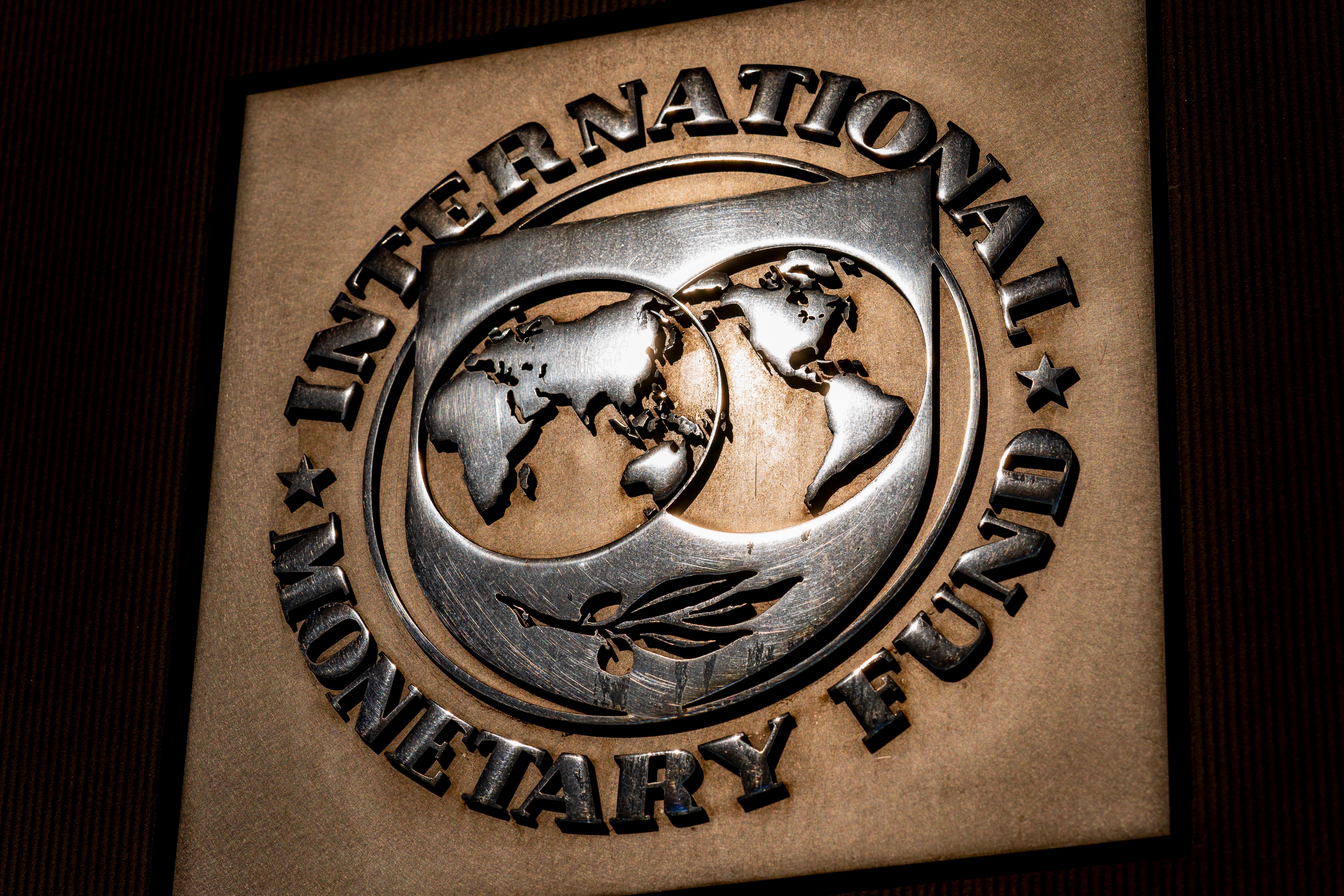The IMF agrees to a long-awaited bailout for Pakistan of $3 billion
The International Monetary Fund has agreed to provide $3 billion to Pakistan — a long-awaited relief to bail out the impoverished country’s ailing economy

Your support helps us to tell the story
From reproductive rights to climate change to Big Tech, The Independent is on the ground when the story is developing. Whether it's investigating the financials of Elon Musk's pro-Trump PAC or producing our latest documentary, 'The A Word', which shines a light on the American women fighting for reproductive rights, we know how important it is to parse out the facts from the messaging.
At such a critical moment in US history, we need reporters on the ground. Your donation allows us to keep sending journalists to speak to both sides of the story.
The Independent is trusted by Americans across the entire political spectrum. And unlike many other quality news outlets, we choose not to lock Americans out of our reporting and analysis with paywalls. We believe quality journalism should be available to everyone, paid for by those who can afford it.
Your support makes all the difference.The International Monetary Fund agreed to provide $3 billion to Pakistan — a long-awaited relief to bail out the impoverished country's ailing economy.
The nine-month agreement must be approved by the IMF’s Executive Board, which is expected to make a final decision in mid-July, a top IMF official, Nathan Porter, said in a statement late Thursday.
Porter, the IMF’s mission chief to Islamabad, said Pakistan’s economy has faced several external shocks, such as the catastrophic floods in 2022 that killed 1,739 people, caused $30 billion in damage and impacted millions of Pakistanis. The country was also hit by an international commodity price spike in the wake of Russia’s war in Ukraine.
The IMF official said despite the authorities’ efforts to reduce imports and the trade deficit, reserves have declined to very low levels and liquidity conditions in the power sector also remain acute.
“Given these challenges, the new arrangement would provide a policy anchor and a framework for financial support from multilateral and bilateral partners in the period ahead," the statement read.
Porter said over the past few days, the Pakistani authorities had “taken decisive measures to bring policies more in line with the economic reform program supported by the International Monetary Fund,” including Parliament passing a revised budget.
The proposed package is higher than what Pakistan was expecting. The country was awaiting the release of the remaining $2.5 billion from a 2019 bailout package of $6.5 billion that expires Friday.
There were a lot of uncertainties about what would happen after June, especially with a new government coming to power in a few months, said Mohammad Sohail, prominent economist and head of Topline Securities.
“Now this funding of 3 billion dollars for nine months will definitely help restore some investors' confidence,” said Sohail.
The deal between the IMF and Pakistan comes days after Prime Minister Shehbaz Sharif spoke with Kristalina Georgieva, the managing director of the IMF, on Tuesday. The two also met June 22 on the sidelines of a global finance meeting in Paris.
IMF mission chief Porter later suggested that the sides were close to reaching an agreement.
Talks between Pakistan and the IMF stalled in December, after the global lender delayed the release of a crucial tranche of $1.1 billion from the bailout originally signed in 2019 by Sharif’s predecessor, Imran Khan.
Pakistan and the IMF have been at odds over what the fund says is Islamabad’s unsatisfactory compliance with the bailout conditions. Pakistan says it has fully complied with the conditions.
The cash-strapped Pakistani government is struggling to avoid a default with financial help from friendly countries such as China, Saudi Arabia and the United Arab Emirates. It has also been embroiled in an unprecedented economic crisis since Sharif replaced Khan, who was ousted in a no-confidence vote in Parliament last year.